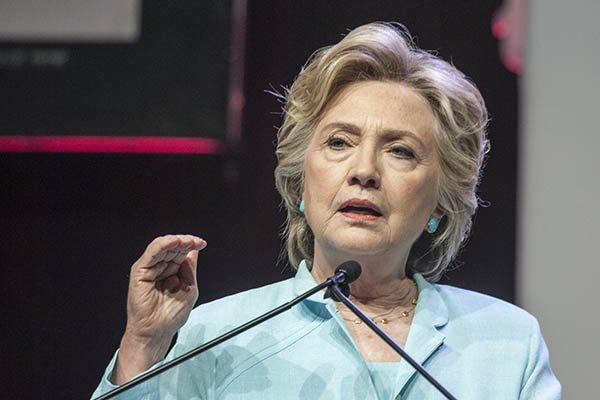How Would Proposed Tax Plans Affect the Country’s Economy?

We’re just days away from the election and it’s likely that most Americans will just be happy that it’s finally over, no matter whom or what they voted for. However, there are some very important things at stake in this election, including how each candidate’s tax proposals would affect our nation’s economy, as well as the affect on individual taxpayers’ pocket books.
The overwhelming belief is that Donald Trump’s tax plan would be simpler than the current code and that it would help the wealthy, while increasing the national debt. As you might expect, Hillary Clinton’s proposals would be basically the opposite. Her tax plan is reportedly more complex and it’s expected to increase taxes on just about everyone, with the wealthiest taxpayers absorbing the brunt of the increase.
However, that being said, neither candidate has to stick to his or her proposed plans if elected. Additionally, the bigger question is how would these plans really affect the economy if they were implemented? The nation’s debt is rising and it will likely continue to raise no matter which candidate is elected. That means people and businesses, especially small ones, will be footing the bill.
According to the Tax Foundation, which typically opposes tax hikes on the wealthy, Clinton’s plan to increase taxes on investment and businesses would likely reduce the size of economy by about 2.6 percent over 10 years. Much of that would come from her desire to increase the estate tax. According to the Tax Foundation that increase would likely cause wealthy taxpayers to invest lest money and thus would hold down the entire economy. That, in turn, would force the average income in the country to go down.
On the other hand, those who believe tax increases on the wealthy are favorable to the economy claim that the Tax Foundation’s estimates are exaggerated and that the economy would not be significantly damaged by Clinton’s proposals.
You also might like the article Trump, Clinton and the Wealthy—What’s at Stake
https://www.washingtonpost.com/news/wonk/wp/2016/10/13/what-hillary-clintons-tax-plan-would-really-do-to-the-economy/
http://www.forbes.com/sites/garrettgunderson/2016/10/13/clinton-versus-trump-how-their-tax-plans-will-affect-you/#76f963cd3346
Art as an Investment?
Art as an Investment? “Beauty is truth, truth beauty”—that is all/Ye know on earth, and all ye need to know.” —John Keats, “Ode on a Grecian Urn” Well, yes, but many who collect works of art—whether Grecian urns or Ming vases, Rembrandts or Warhols—and many who share the growing interest in art as an investment have…
50 Tax Deductions You Should Remember
50 Tax Deductions You Should Remember 1. Accounting fees for tax preparation services and IRS audits 2. Alcoholism and drug abuse treatment 3. Amortization of premium on taxable bonds 4. Appraisal fees for charitable donations or casualty losses 5. Appreciation on property donated to a charity 6. Casualty or theft losses 7. Cellular telephones –…
Underpayment of Taxes – Personal Returns – How to Avoid Penalties – Dreaded “Spiky Income”
Underpayment of Taxes – Personal Returns – How to Avoid Penalties – Dreaded “Spiky Income” By Ron Cohen, CPA, MST Partner Greenstein, Rogoff, Olsen & Co., LLP One of the most frustrating issues taxpayers confront as they attempt to deal with their taxes is to determine the required amount and due dates for estimated tax…
Are You Ready for the 2014 Tax Year?
Are You Ready for the 2014 Tax Year? If you’re like most individuals or businesses then you’re probably breathing a sigh of relief as the 2013 tax year is finally in the rearview mirror, except for those who have filed for an extension, of course. Well, don’t get too comfortable; it’s time to start thinking…




